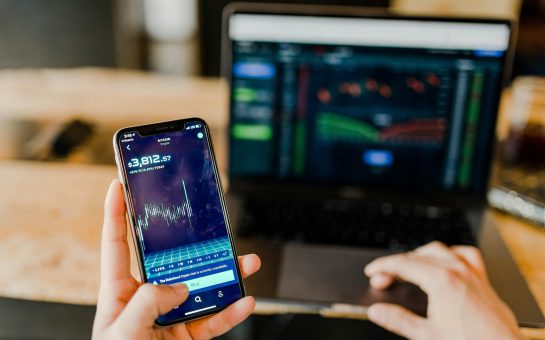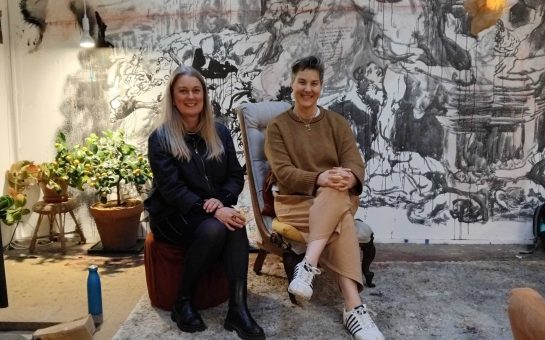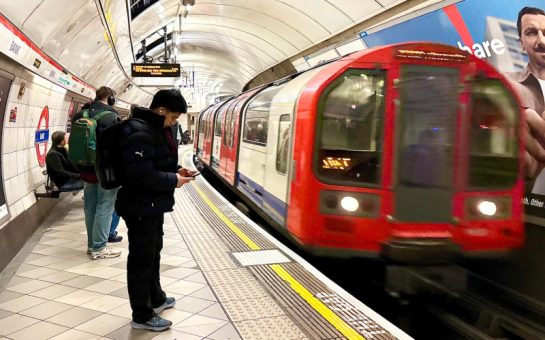Many of London’s small business owners watched their world get turned upside down when everyone stopped going to offices.
People don’t eat lunch at noon anymore or grab drinks after work at 6 PM.
Instead, they show up whenever they want, and that’s forced many cafe’s, pub’s, and restaurant’s to throw out their old playbook.
Nobody knows when customers will show up
Sandwich shops near business districts that relied on lunchtime office workers now see customers ordering breakfast items at 2 PM and lunch at 4 PM.
Staff at these establishments struggle to predict busy periods because remote workers eat at unconventional times, so many have extended their breakfast menus to run all day to meet this demand.
Gastropubs that previously counted on after-work drinkers at 6 PM now see customers trickling in throughout the afternoon.
Some venues report customers arriving at 11 AM with laptops, ordering coffee, and staying for hours.
These establishments have upgraded their WiFi and added more power outlets to accommodate laptop users who have become valuable daytime customers.
Coffee shops adapted quickly to these changes, oth chain stores like Costa and independent cafes now serve full breakfast menus until closing time.
They recognized that people working from home don’t follow traditional meal schedules, so menus needed to reflect this flexibility.
Digital games take over real spaces
Gaming venues in London found a sweet spot between digital entertainment and social spaces.
The old internet cafes upgraded to gaming lounges with proper chairs and big screens.
Regular pubs started hosting FIFA tournaments and bought gaming consoles because people wanted both drinks and games in the same place.
Online gambling changed, too. People still want quick cashout online casinos, but they prefer playing in venues where they can socialize.
These places offer fast digital payouts while keeping the social buzz that you can’t get at home.
Bars split their spaces into zones now – quiet corners for people on phones, loud areas with gaming setups, and normal spots for regular drinking.
It’s like running three different businesses under one roof.
The money numbers don’t lie
Gaming and betting businesses pulled in £3.6 billion last year, up from the previous financial year.
These numbers prove people will spend big money on digital entertainment, especially when they can do it while hanging out with friends.
Restaurant spending dropped, though.
Nearly half of Londoners eat out less often than before, even if they’re not spending less money overall.
They just pick restaurants more carefully instead of grabbing whatever’s convenient.
The betting and gaming sector shows growth across multiple areas.
Online participation remains high, with many adults taking part in online gambling activities regularly.
Business hours got weird
Restaurants that used to close between lunch and dinner now stay open all day because customers show up at random times.
Some places created “quiet hours” with dimmed lights for laptop workers who need to concentrate.
Gyms noticed their 6 PM rush hour spread throughout the day, so they added classes at 11 AM and 2 PM for home workers, and some ditched fixed schedules entirely.
People book workout slots whenever they finish work, which could be any time.
New ways to make money
Pricing strategies changed completely – restaurants charge less for 2 PM tables than 7 PM ones because demand shifted.
Some pubs sell monthly passes to daytime laptop workers who basically rent desk space, and these memberships cost less than evening drink packages but bring steady income during slow hours.
Entertainment venues offer different membership levels, too.
Daytime gaming costs less than evening slots, and hybrid packages work for people who want both workspace and entertainment options.
Technology had to catch up
Mobile ordering became essential because people with tight schedules between video calls can’t wait for service.
Contactless payments speed everything up for customers who pop in and out quickly.
Booking systems had to accommodate unpredictable schedules, too.
Restaurants take same-day reservations through apps now, and entertainment venues show real-time availability so people can make spontaneous plans.
Community spaces matter more
Londoners want more than just food or drinks; they want places to connect with other people.
Coffee shops built communal tables next to private booths, pubs designated areas for quiet work and separate spaces for socializing.
These changes reflect how people blend work, social time, and entertainment throughout their days instead of keeping them separate.
Smart businesses adapt to serve multiple needs in the same space rather than fighting the new reality.
Featured image credit: Pixabay.





